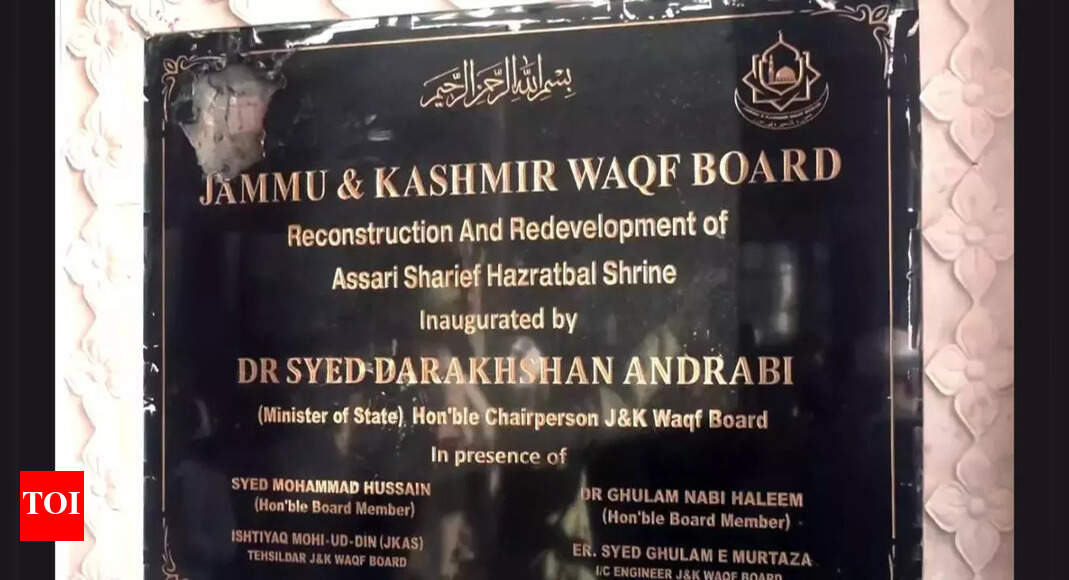Assertions like ‘J&K is illegally occupied’, ‘should separate from India’ attract UAPA sections: J&K High Court

A policeman stands guard outside the Jammu and Kashmir High Court in Srinagar.
| Photo Credit: Nissar Ahmad
The J&K High Court has observed that “advocating and inciting unlawful activity by asserting that J&K is illegally occupied and must be separated from the Indian Union” attracts sections of the Unlawful Activities (Prevention) Act (UAPA).
“Section 13 specifically states that whoever takes part in, incites, advocates, or abets unlawful activity shall be punishable with imprisonment which may extend to seven years and shall also be liable to fine. Such accusations against the respondents squarely fall within the ambit of Section 13(1), because, as per the statements recorded under Section 161 CrPC, they were advocating and inciting the commission of an unlawful activity by asserting that J&K is illegally occupied and must be separated from the Indian Union, thereby advocating secession,” a Division Bench, comprising Justices Sanjeev Kumar and Sanjay Parihar, held.
The Bench was hearing a petition challenging the order of discharge drawn by the Court of Additional Sessions Judge (Special Judge) for trial of offences under ULA(P) Act for districts of Baramulla, Bandipora, and Kupwara. The respondents, who were facing prosecution for offences under Section 13 UAPA in FIR No. 41/2015 of Police Station Bandipora stood “discharged by the trial judge”.
However, the Division Bench observed that the order was “not sustainable on any count as it suffers from non-application of mind and erroneous application of law, thus, on the face of it, is perverse and is, therefore, set aside.”
“The charge sheet shall stand restored with the direction to the trial court to proceed with framing of charge against the respondents for offence under Section 13 of ULA(P) Act, and thereafter proceed to dispose of the challan in accordance with law,” the Court directed.
The trial court was of the view that since the respondents were merely raising slogans with no activity of inciting violence, “Section 13 was not applicable”.
“This view was palpably wrong, because what Section 13(1), read with Section 2(1)(o) of the UAPA, relates to is the commission of an unlawful activity, and the allegations raised against the respondents were squarely covered within the definition of “unlawful activity. The trial court appears to have not appreciated the version of the witnesses under Section 161 CrPC, who were present at the spot when the occurrence is stated to have happened,” the Division Bench further observed.
Published – July 25, 2025 12:15 am IST



